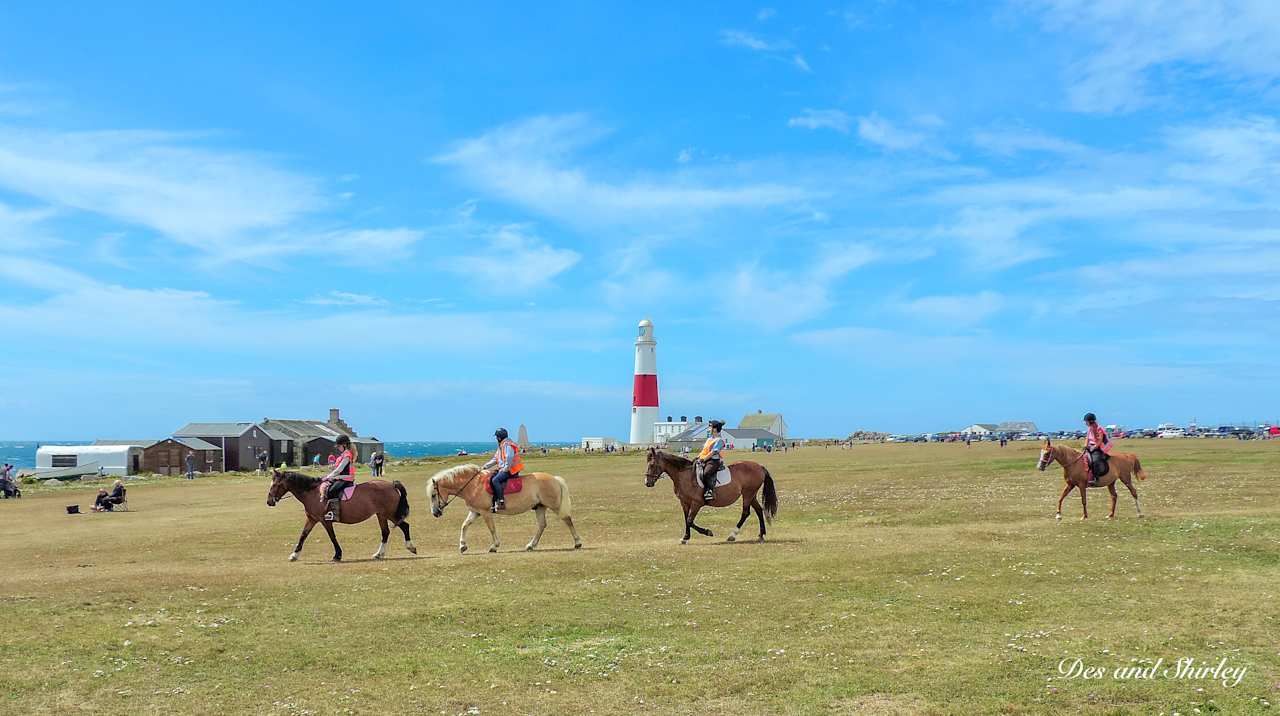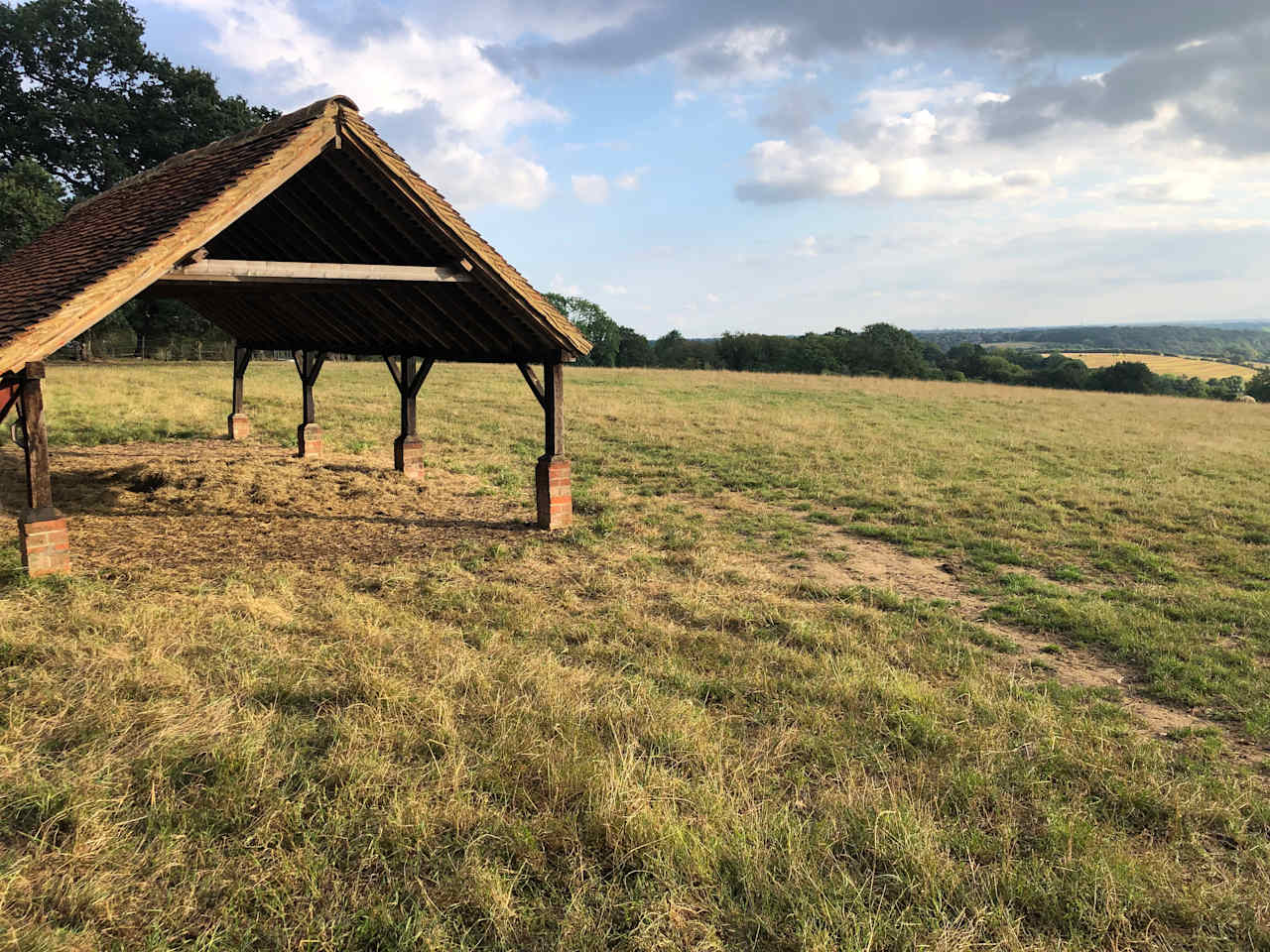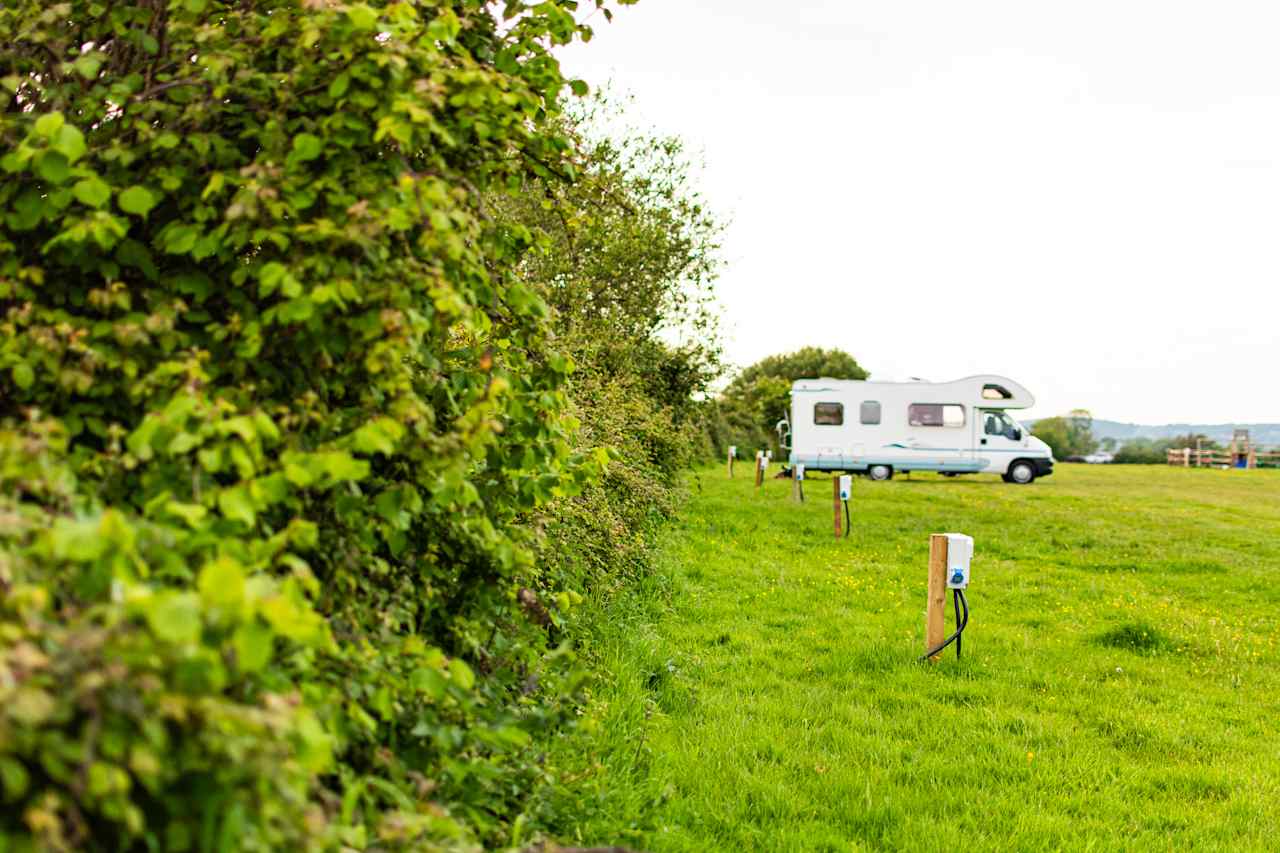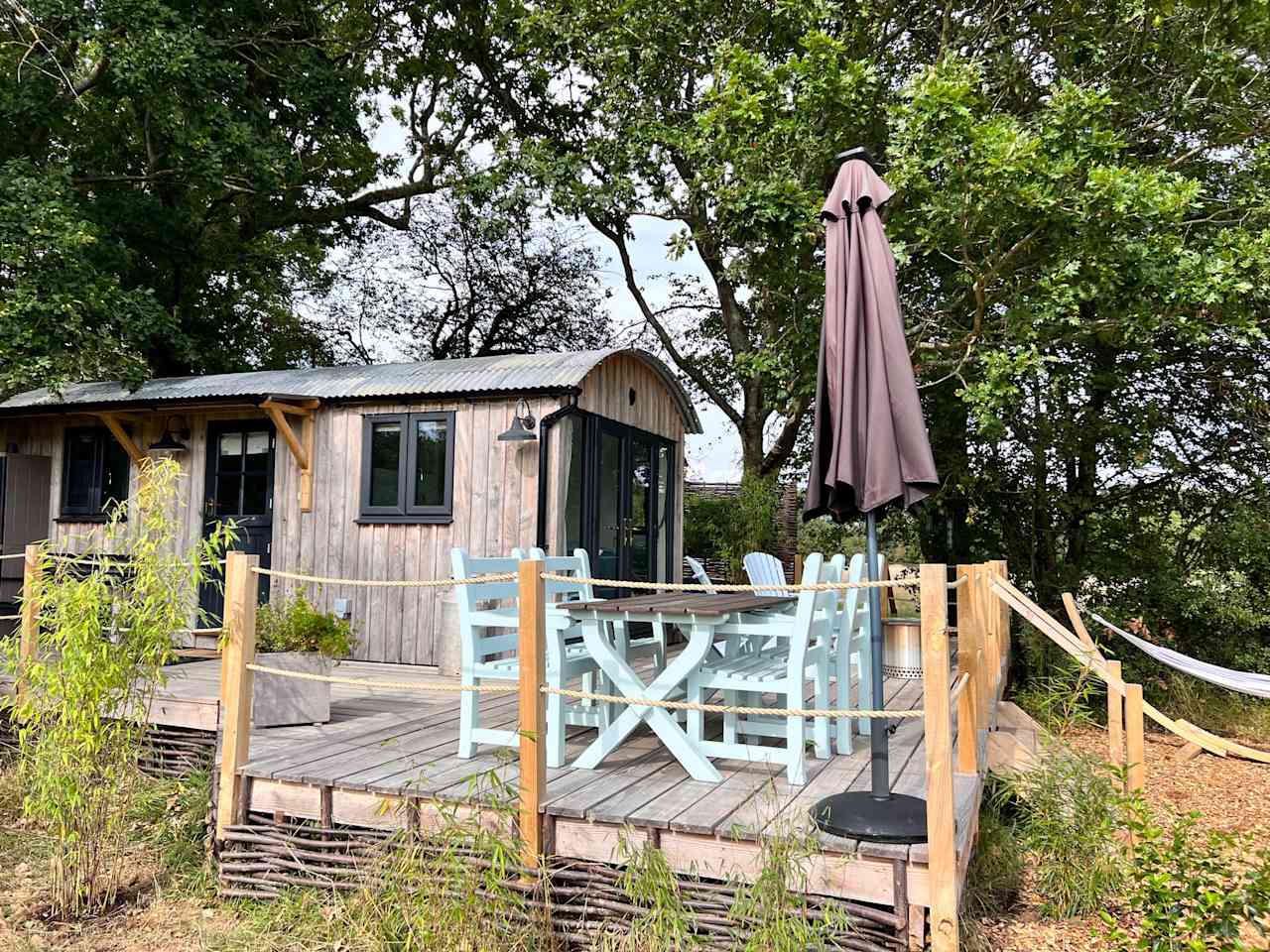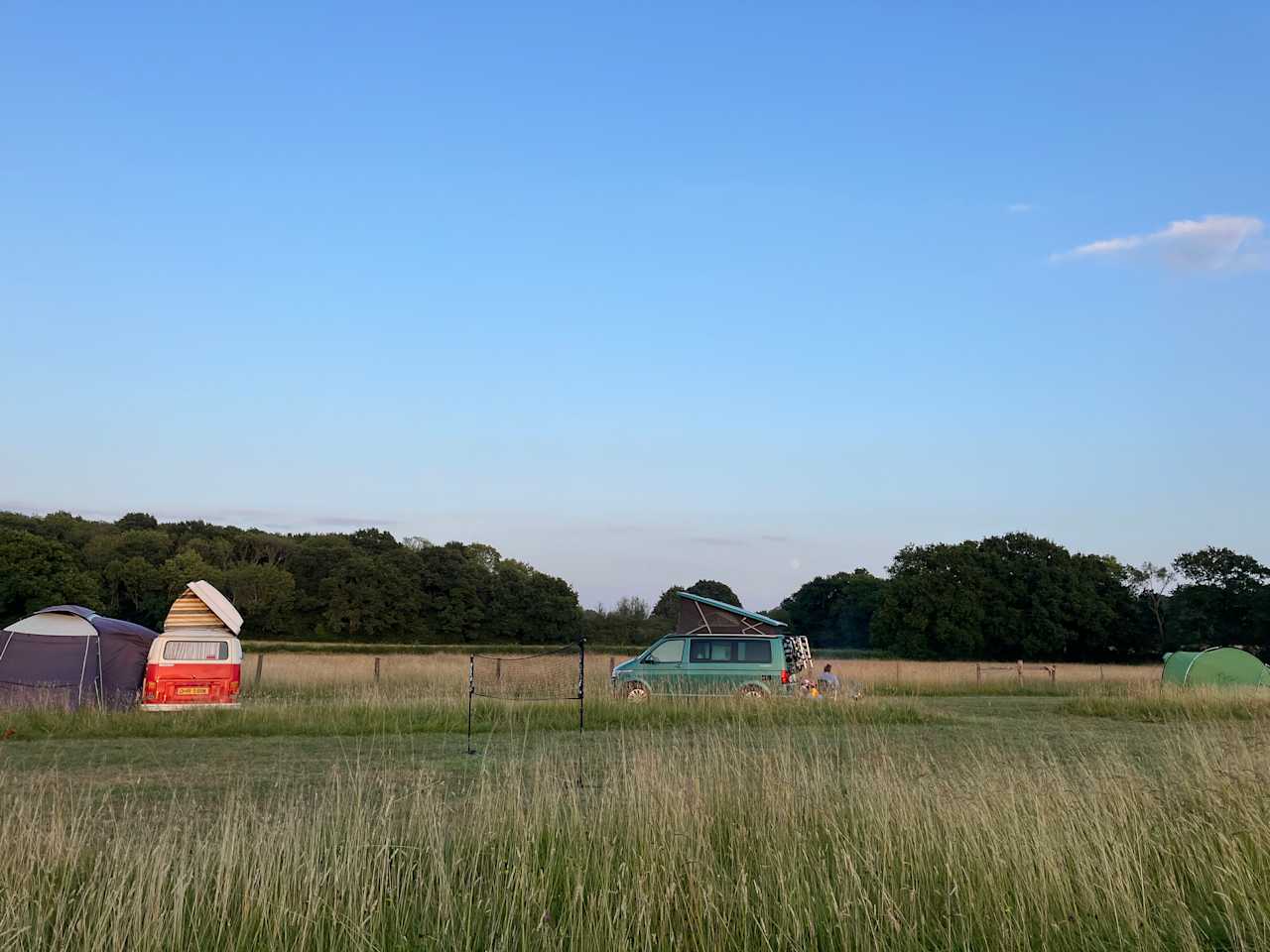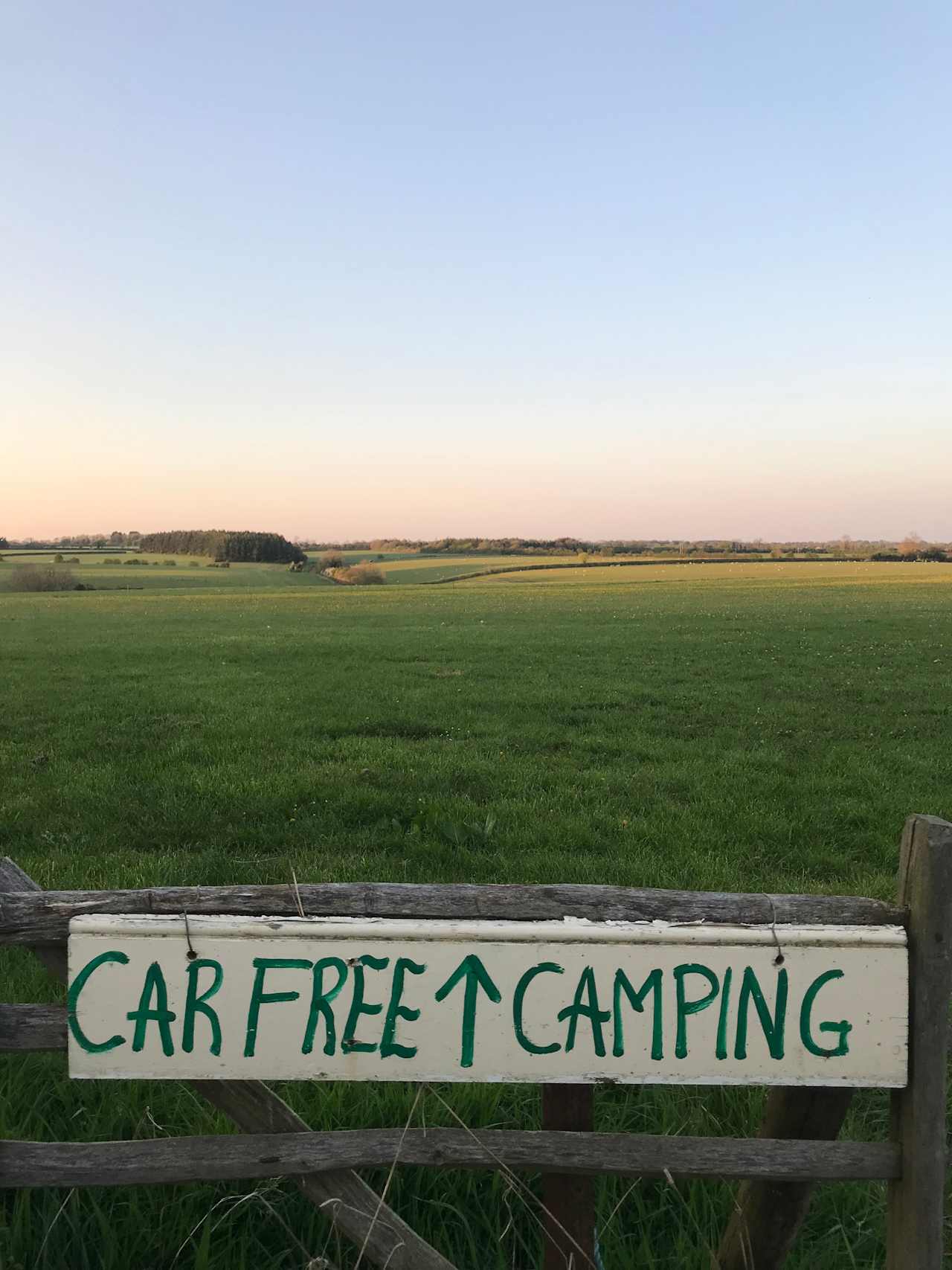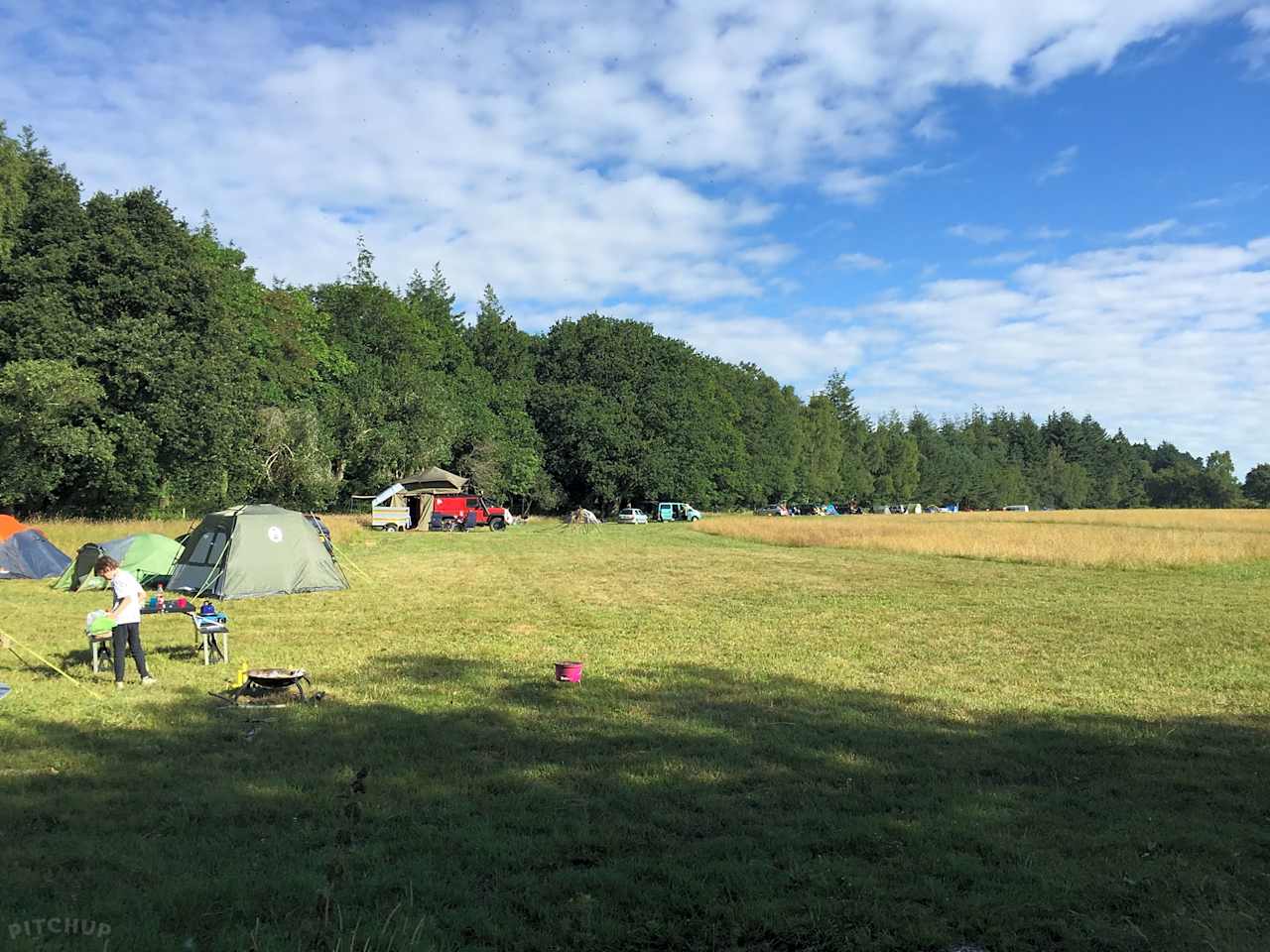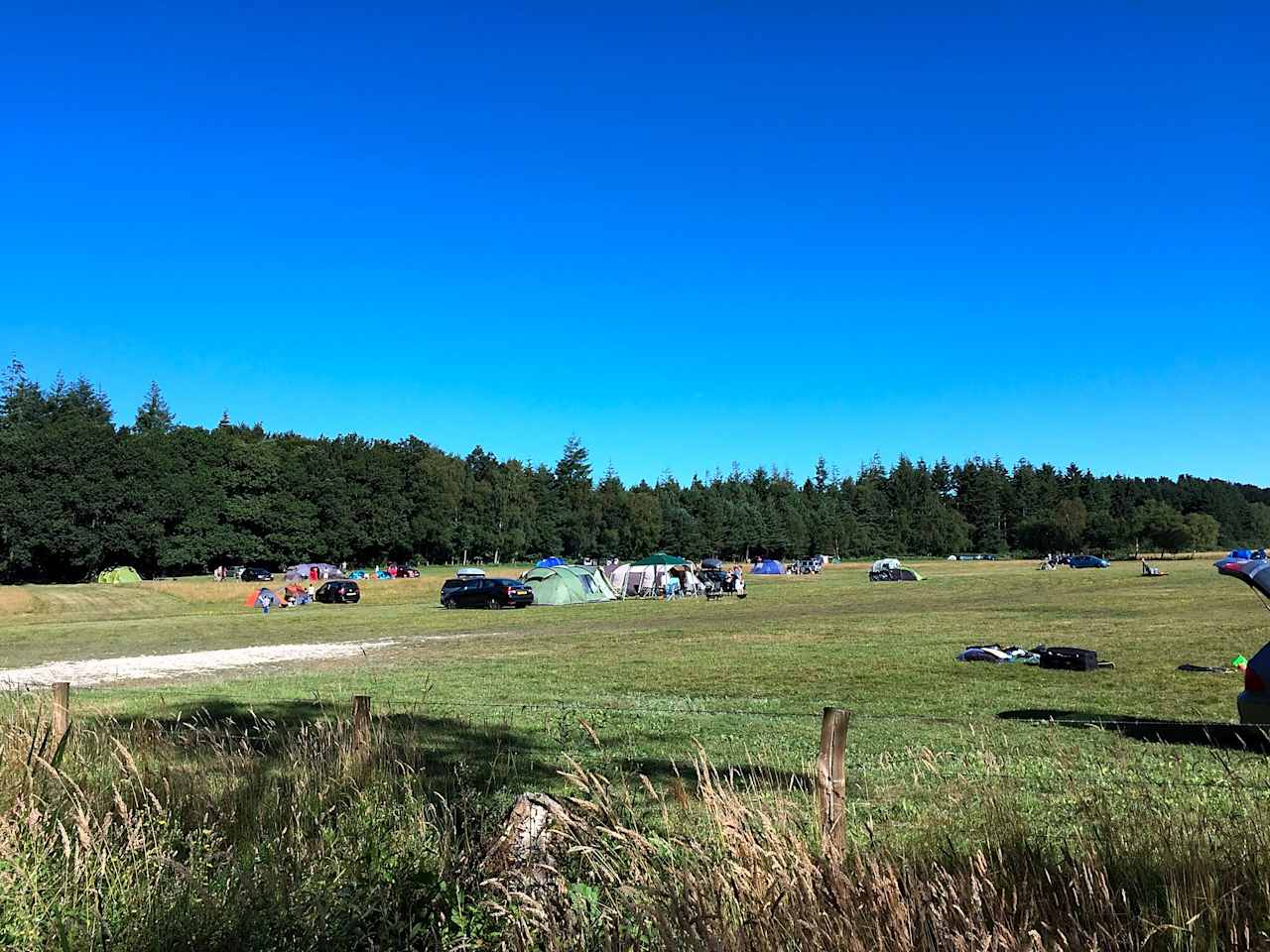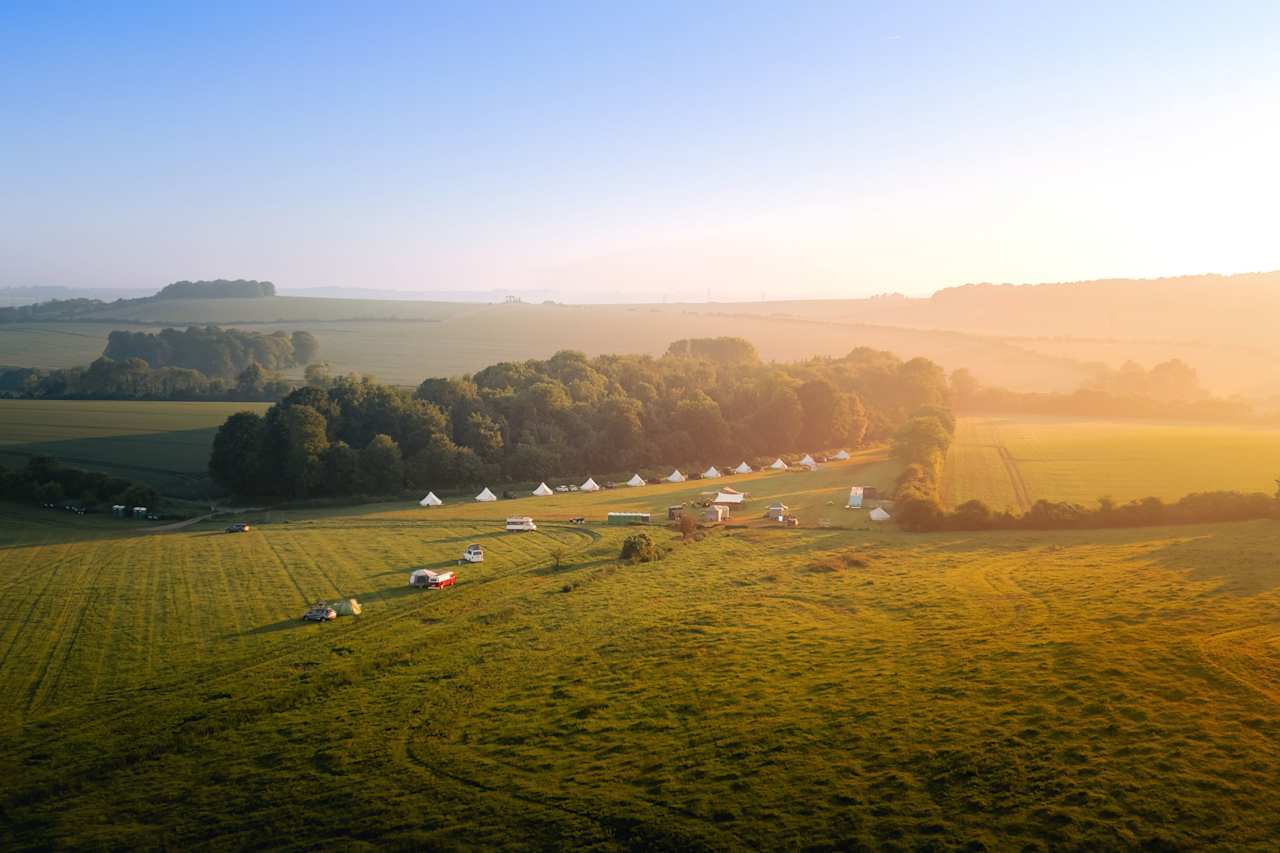Family-friendly caravan campsites near Bournemouth
Dorset’s largest town has sandy beaches, idyllic gardens, and a buzzing nightlife.
- Bournemouth
Popular camping styles for Bournemouth
Under £50
12 top caravan sites near Bournemouth


Family-friendly caravan campsites near Bournemouth guide
Overview
Life is all about the beach in Bournemouth, and with seven miles of sandy shores, it’s easy to see why. Hit the beach to swim, stroll along the seafront promenade, or hire one of the traditional beach huts, then stick around after sundown to experience the renowned nightlife. Adrenaline junkies have their pick of water sports—surfing, wakeboarding, and stand-up paddleboarding are popular choices—or if you prefer more leisurely pursuits, there are more than 2,000 acres of parks and gardens to explore. Touring caravan parks and holiday parks dot the Dorset coast, or escape inland to camp around the New Forest.
Where to go
Isle of Purbeck
The rocky peninsula known as the Isle of Purbeck juts out south of Poole Harbour and is part of Dorset’s UNESCO-listed Jurassic Coast. A hike along part of the South West Coast Path is the best way to discover the coast, passing landmarks such as the Durdle Door, Old Harry’s Rocks, and Kimmeridge Bay. Afterwards, ride the Swanage steam railway to Corfe Castle, stop at a country pub to sample Dorset’s local ale, or spot wildlife on a cruise to Brownsea Island.
East Dorset
Dorset’s rural landscapes are dotted with ancient woodlands, magnificent castles, and Victorian gardens. Picnic on the grounds of Highcliffe Castle, explore miles of hiking and cycling trails in the Cranborne Chase AONB, and camp on rural farms far from the crowds. Further north, the verdant Salisbury Plains are home to one of the UK’s most famous landmarks—the ancient stone circle of Stonehenge.
Hampshire
East of Bournemouth, the pretty coastal towns of Barton on Sea and Milford on Sea are popular destinations for summer campers, and lie on the southern edge of the New Forest National Park. Head into the park to enjoy woodland walks and scenic bike rides, stopping to explore traditional villages and dine at country pubs along the way. For a change of pace, ferries set sail to the Isle of Wight, where you can enjoy sea-cliff walks, blue flag beaches, and ocean-view camping.
When to go
Bournemouth’s coastal micro-climate has long been its unique selling point—the city has one of the warmest and driest climates in the UK. Beachgoers arrive en masse in peak season (July-August), but waters are often warm enough to swim in spring and autumn, which is the best time to avoid the crowds. Temperatures rarely drop below freezing even in winter and the city’s holiday festivities are worth a winter caravan trip.
Know before you go
- Bournemouth has several camping and outdoors stores where you can pick up supplies for your camping trip.
- Bournemouth has public transport links to many of the surrounding towns and attractions, but it is handy to have your own transport, especially if staying at rural campsites.
- Most campsites require advance booking, and many ask for the full payment in advance. Be sure to check opening dates, as some campsites close in the winter months.
- Wild camping is illegal throughout Dorset.
